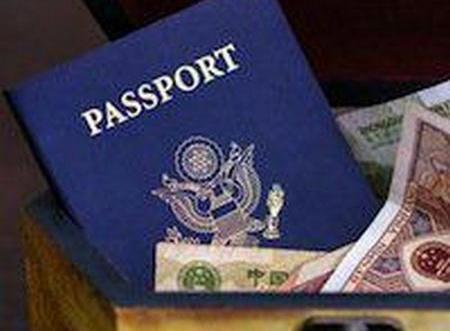Reprieved: Cancellation of Removal
 Removal proceedings can be terrifying. They can break up families and interrupt lives. When you or a loved one has been placed in removal proceedings, you have a few options. One of the most common prayers for relief from removal is a discretionary grant called cancellation of removal.
Removal proceedings can be terrifying. They can break up families and interrupt lives. When you or a loved one has been placed in removal proceedings, you have a few options. One of the most common prayers for relief from removal is a discretionary grant called cancellation of removal.
Cancellation of removal replaced an old program referred to as suspension of deportation (SoD). The problem with SoD is that it did not discriminate; it did not give a different standard to legal permanent residents (LPRs) who had been in the country lawfully and to people not lawfully in the United States. Cancellation of removal does have different standards for both categories, though in both cases, it is entirely at the discretion of the immigration judge.
Lawful Permanent Residents (LPRs)
LPRs are not usually subject to removal proceedings, but that can change if an LPR is convicted of a specific kind of crime, usually fraud, theft, assault or trafficking. Someone may have committed a crime years ago, but what matters is when a Customs & Border Patrol officer notices it upon the person’s record.
An LPR returning from a trip abroad is subject to the same customs check as everyone else. During that customs check, if a crime is discovered, they will be deemed inadmissible and served with a Notice to Appear, which is usually the beginning of removal proceedings.
LPRs may be eligible for cancellation of removal if they have:
- Held legal permanent resident status for at least 5 years;
-
Lived in the U.S. for no less than seven years (on any status, permanent or non-permanent); and
-
Not been convicted of an aggravated felony.
If these qualifications are met, the judge may decide to grant cancellation of removal. If it is denied, however, the individual will almost certainly be ordered to leave the United States.
Non-Permanent Residents
The procedure is somewhat different for people who are not green card holders. The eligibility criteria for non-permanent residents includes that the individual:
- Must have lived in the U.S. for at least 10 years under any status;
-
Must have been a person of "good moral character" during this entire time;
-
Does not have any other criminal bars on their record; and
-
Must demonstrate that removal would result in “exceptional and extremely unusual hardship” to a U.S. citizen or LPR relative (spouse and children usually).
The “exceptional and extremely unusual hardship” standard is incredibly hard to meet; it is higher than the usual pain that would result in being apart from one’s spouse or children. Suspension of deportation required a lower standard, only asking that applicants show “extreme hardship.” One example given of ‘exceptional and extremely unusual’ would be an applicant who was the sole provider for a child with severe special needs, but this is of course not the only situation where cancellation might be granted.
If you or a loved one is in removal proceedings, Mevorah & Giglio Law Offices may be able to help. Contact our DuPage County firm today.
 English,
English,
 Spanish,
Spanish,
 Polish,
Polish,
 Urdu
Urdu













 Make a Payment
Make a Payment



